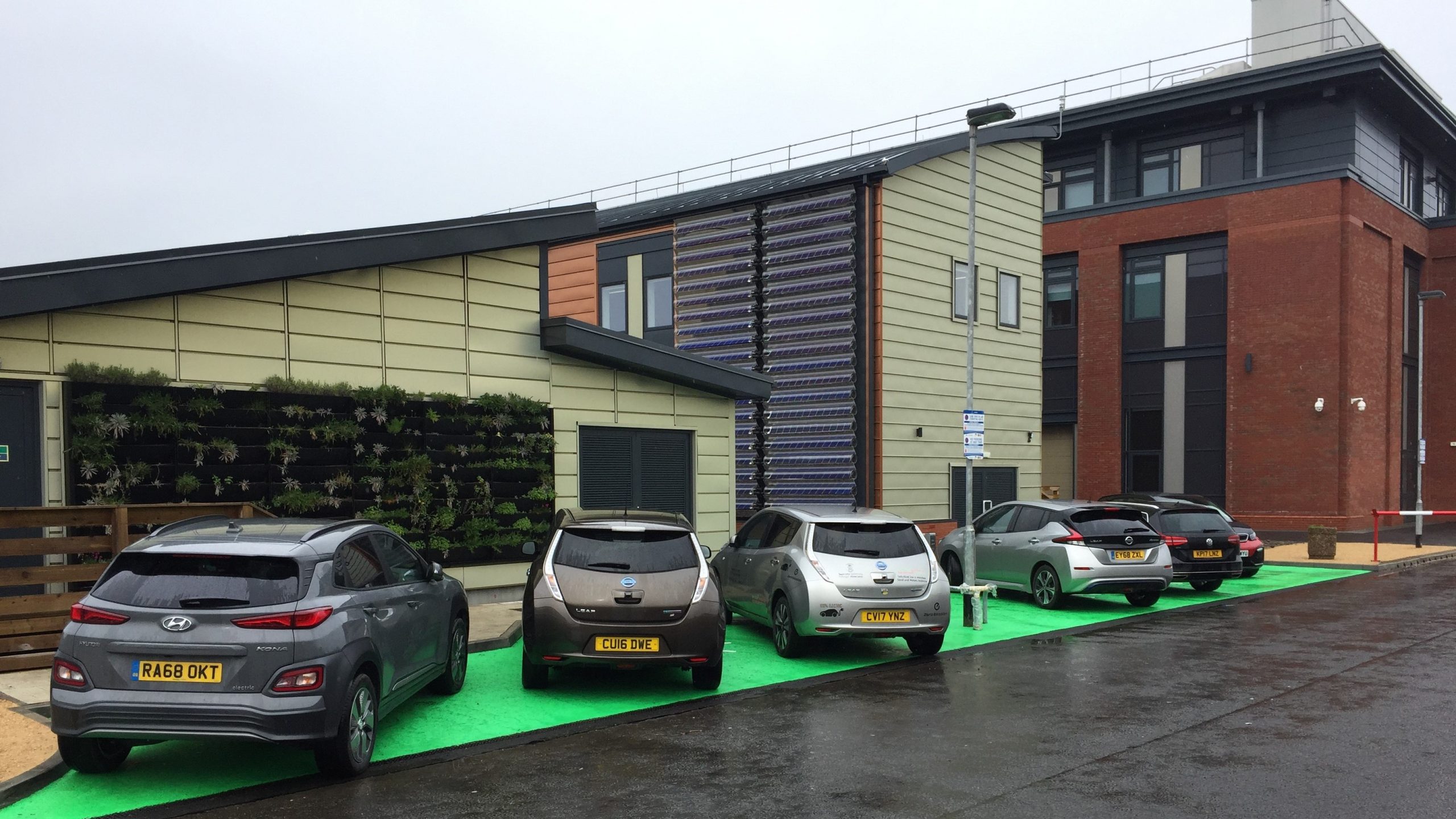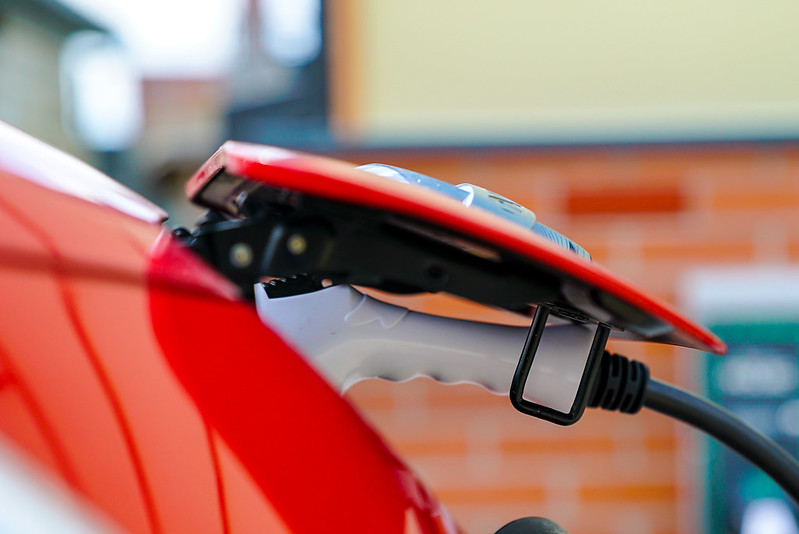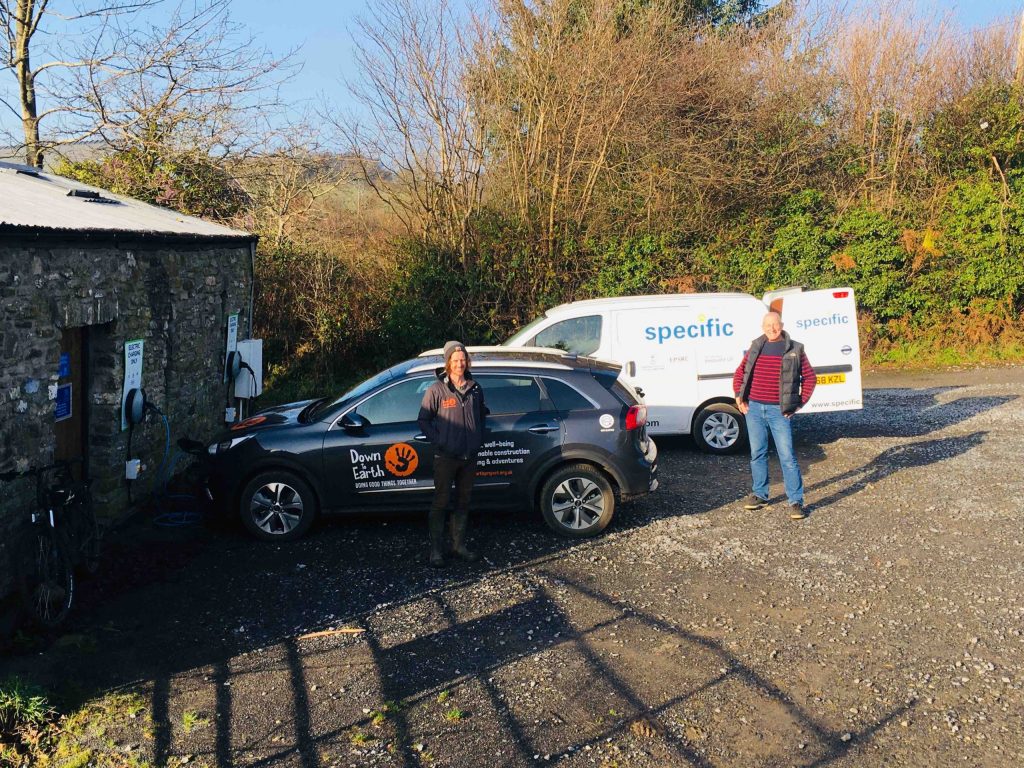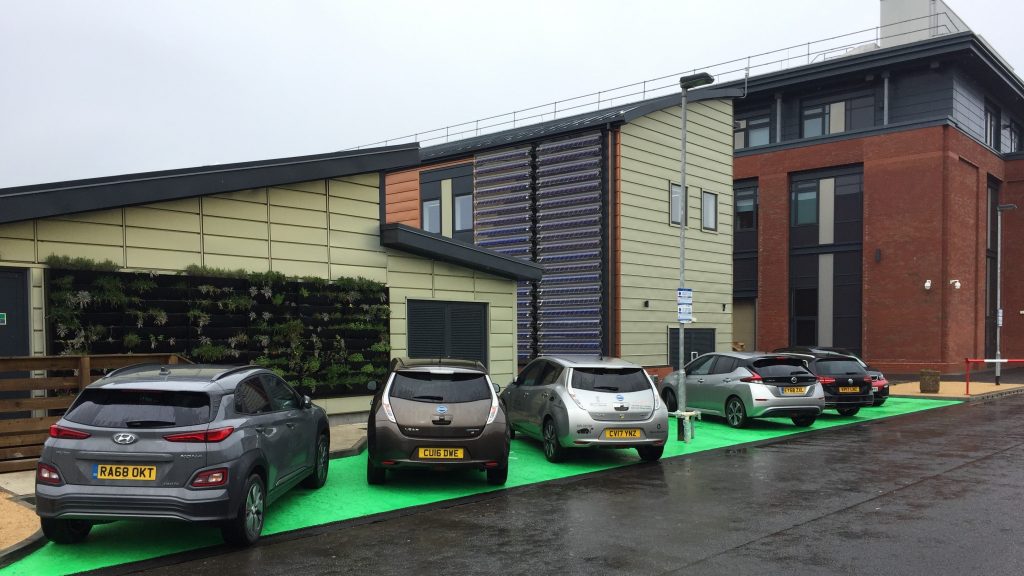
Electric Vehicles
In a bid to reduce pollution from vehicles and pave the way for a cleaner automotive industry, the UK Government has announced a ban on new petrol and diesel car sales after 2035.
As a result, sales of electric vehicles (EVs) are rapidly on the rise. According to preliminary data from the Society of Motor Manufacturers and Traders (SMMT) plug-in cars now account for more than 10% of UK sales, a 180% year on year rise.
SPECIFIC has pioneered the Active Building design principle, which integrates renewable energy technologies into buildings for heat, power and transport. It uses an intelligent system to control and release solar energy to wherever and whenever it is needed – within the building, to EVs or the grid – making early EV adoption an obvious choice. Swansea University has a fleet of 25 EVs and we proactively work with businesses and organisations to promote EV uptake as well as offer advice on technology.
Statistically 80% of EV charging takes place at home, 15% at the workplace and 5% at public charging. With the projected increase in EV adoption by fleet and individuals now a reality, simple plug and charge will put extra demand on the grid at peak times (arrival at work or return to home). For this reason, SPECIFIC is working collaboratively to explore smarter ways to charge EVs in order to assist the grid, and flatten peak energy demand. With two Active Buildings on the Bay Campus incorporating thermal storage and EV charging SPECIFIC provides a platform for testing novel hardware and software products and allows insights into system performance and potential new revenue streams.
If you have a technology or product related to smart EV charging, or would like advice around EV adoption, please get in touch.









